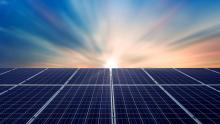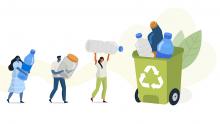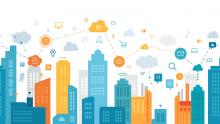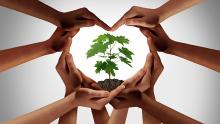Helping land managers make sense of remote sensing data
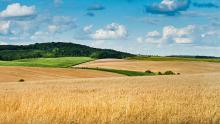
The huge amount of environmental information available to decision makers can be overwhelming. The EU-funded LANDSUPPORT project developed an easy-to-use web platform that combines satellite, drone and remote sensing data with cutting-edge models. Using this, farmers, policymakers and even citizens can easily find relevant information and make informed environmental choices.


